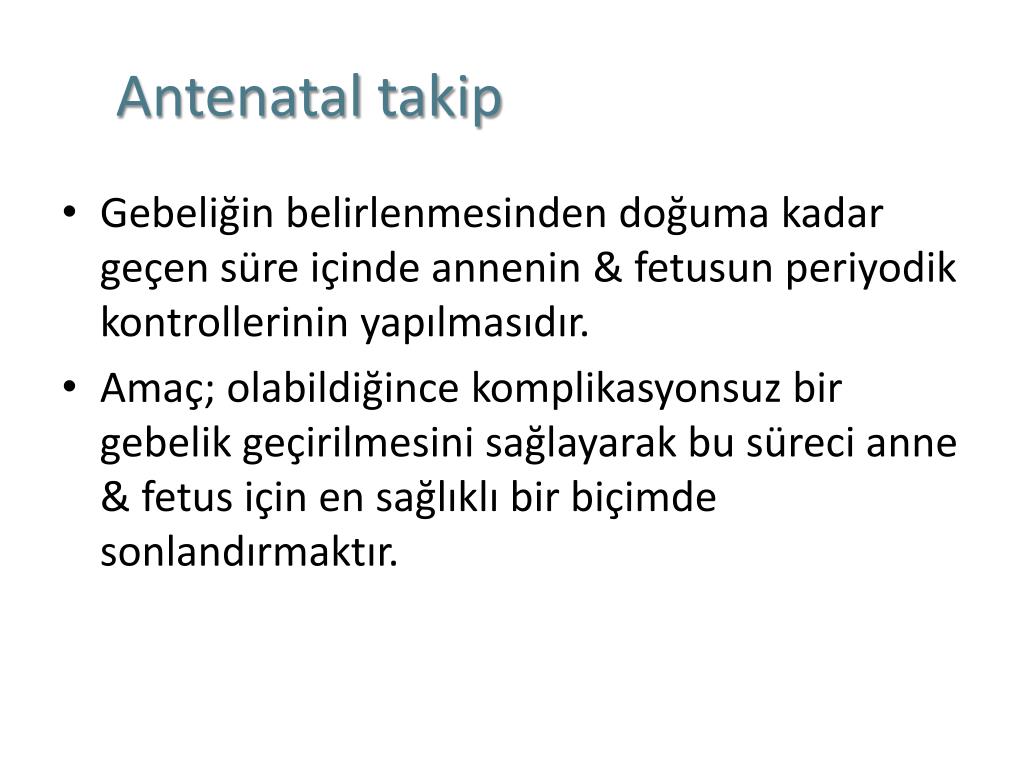

Through ANC services a health care provider can inform women about the danger signs and symptoms and can take immediate care to solve the problems. ANC services are also designed to maximise good health outcomes low maternal and neonatal mortality, low postpartum anaemia, and appropriate birth weight. The purpose of ANC is to monitor and safeguard the wellbeing of the mother and foetus, detect any pregnancy complications and take necessary measures, respond to mother’s complaints, prepare mother for birth, and promote healthy behaviors of mother. Some studies have estimated that ANC alone can reduce maternal mortality by 20%, given good quality and regular attendance.

Within the continuum of maternity care, antenatal care (ANC) provides a platform for important health-care functions, including health promotion, screening and diagnosis, and disease prevention. However, pregnancy related complications and deaths are not inevitable most of them are preventable with simple and cost-effective maternity care during pregnancy, delivery and postnatal period. On the other hand, approximately 2.6 million pregnancies were terminated as stillbirth in 2015, also mainly in developing countries. According to a systematic analysis by the United Nation (UN) Maternal Mortality Estimation Inter-Agency Group, in 2015 approximately 830 women die every day globally due to complications during pregnancy or childbirth approximately 99% of these deaths take place in developing countries. Complications during pregnancy, childbirth and puerperium are the leading causes of deaths and disabilities among women of child bearing age. All pregnancies are deemed to carry some risks of complications and adverse outcomes-some carry less risk, while others carry more risks.


 0 kommentar(er)
0 kommentar(er)
